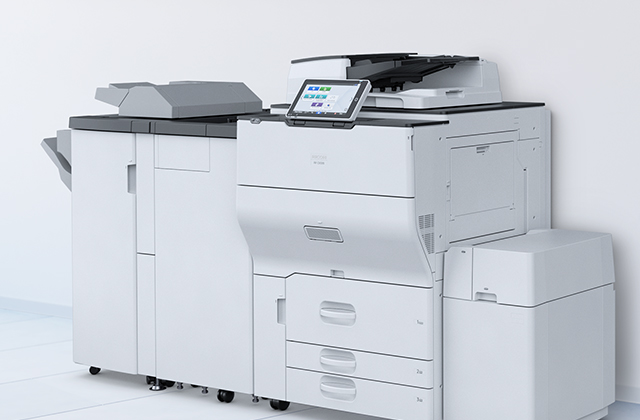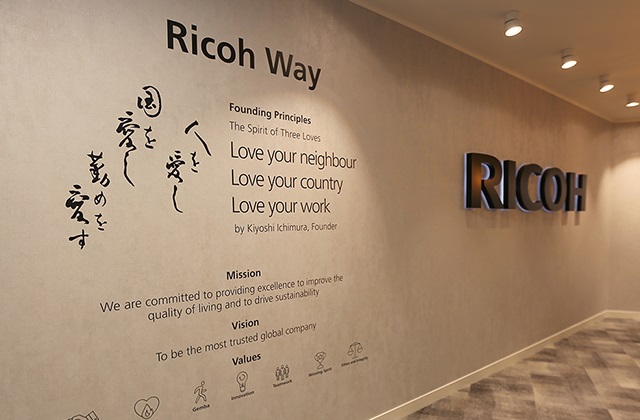7-in-10 healthcare professionals say print has the power to transform patient care
European healthcare providers see new printing technologies as essential in meeting growing patient demands and personalising treatments
Ricoh Europe, London, 11 July 2018 – From easing budgetary pressures to personalising care for chronic conditions, a new study commissioned by Ricoh Europe reveals the disruptive impact new printing technologies are having on European healthcare systems. According to the research, 68% of healthcare professionals believe new printing technologies have the potential to fundamentally transform the health sector.
Including advances in customised prosthetics and on-demand drug manufacturing, 74% of healthcare experts now use new printing technologies to improve accurate diagnostic rates and lower mortality rates. In addition, 51% say applying new printing technologies to rapidly manufacture customised implants, such as bone and dental grafts, significantly reduces the time patients need to spend in hospital and are crucial for improving recovery times.
David Mills, CEO, Ricoh Europe says: “Tasked to do more with less, making use of innovative printing technologies will prove essential in enabling Europe’s healthcare systems to continue to provide high-quality care. New techniques such as printing aquagel organs means it’s now possible for surgeons to practice suturing and the removal of tumours before real-life operations. Printing medicines layer-by-layer to target specific diseases could soon be commonplace.”
With life expectancies increasing and the prevalence of chronic diseases rising across Europe[1], treatments are becoming more complex in nature as ailments affect patients later into their lives. In response, 65% of healthcare providers are using new printing technologies to tailor printed materials to differing needs including those of older and remote patients.
46% of healthcare professionals go so far as to say that without investment in 3D-printing they will struggle to meet the needs of patients in the next five years.
Mills adds: “It’s not just through cutting-edge developments that healthcare facilities are benefiting from advances in printing technologies. Healthcare is an intensely admin heavy sector. By digitising their systems, providers can reduce paperwork to save time, cut costs and improve security.”
Find out more at www.ricoh-europe.com/thoughtleadership.
Note: Ricoh commissioned quantitative research investigating the opinions of 787 healthcare decision-makers across Europe
[1] OECD, Health at a glance: Europe 2016 - https://www.oecd.org/els/health-systems/Health-at-a-Glance-Europe-2016-CHARTSET.pdf
| About Ricoh |
Ricoh is empowering digital workplaces using innovative technologies and services that enable individuals to work smarter from anywhere.
With cultivated knowledge and organizational capabilities nurtured over its 85-year history, Ricoh is a leading provider of digital services, information management, and print and imaging solutions designed to support digital transformation and optimize business performance.
Headquartered in Tokyo, Ricoh Group has major operations throughout the world and its products and services now reach customers in approximately 200 countries and regions. In the financial year ended March 2022, Ricoh Group had worldwide sales of 1,758 billion yen (approx. 14.5 billion USD).
For further information, please visit www.ricoh-europe.com
© 2023 RICOH COMPANY, LTD. All rights reserved. All referenced product names are the trademarks of their respective companies.
For further information, please contact:
Ricoh Europe PLC
Charlotte Fernandez
E-mail: media@ricoh-europe.com
Homepage: www.ricoh-europe.com
Join us on Facebook: www.facebook.com/ricoheurope
Follow us on Twitter: www.twitter.com/ricoheurope
Follow us on LinkedIn: http://linkedin.com/company/ricoh-europe
Visit the Ricoh media centre at: www.ricoh-europe.com/press














